115 Years, 115 Impactful Moments
Click to play USC Viterbi's 115th anniversary trivia game
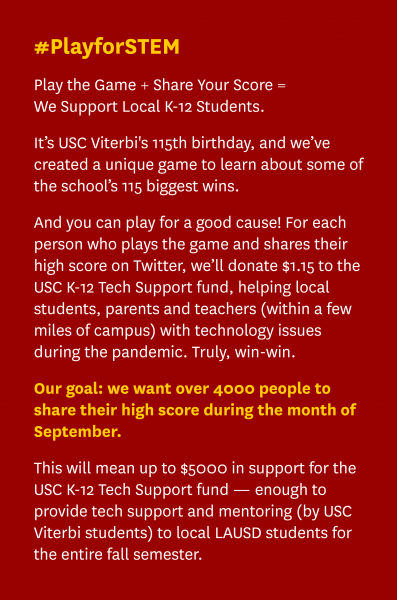 In 1905, USC offered its very first engineering courses out of the physics and mathematics departments.
In 1905, USC offered its very first engineering courses out of the physics and mathematics departments.
One hundred and fifteen years later, the USC Viterbi School of Engineering has a name and a host of accomplishments over the ensuing 11.5 decades.
This past May, Dean Yannis Yortsos, working with USC Viterbi vice deans, chairs, and select senior faculty, sought to identify 115 amazing USC Viterbi accomplishments by faculty, students and alumni over that span of time. This list would span all eight departments, the famed USC Information Sciences Institute and various programs of the school.
This list, like many of its kind, suffers from a clear recency bias. It is by no means the definitive list of all the USC Viterbi School’s noteworthy accomplishments! However, despite these limitations, perhaps it will serve as a helpful primer on what George Bekey, USC Viterbi professor emeritus, once called the school’s “remarkable trajectory.”
Test your knowledge of these USC Viterbi “wins” in a “Who Wants To be A Millionaire”-style interactive game above.
Or, for those who prefer to dive right in…the full list of 115 accomplishments for 115 years awaits.
Students
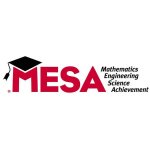
The USC MESA (Mathematics Engineering, Science Achievement) Program is established in 1977.
The program is one of the nation’s most successful efforts to encourage K-12 students from minority/disadvantaged groups to consider science and technology as career paths.
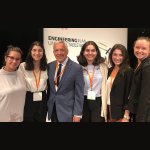
In 2009 USC Viterbi co-creates and launches the National Academy of Engineering Global Grand Challenges Scholars Program, a new education model to prepare engineers to be world changers.
The program has since been implemented at more than 122 universities in the United States and 33 overseas.
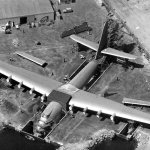
In 1953, Hughes Aircraft contracted with USC to offer master’s-level instruction to its staff engineers under the Cooperative Engineering Program. This partnership grows to include the launch of the university’s first distance education program in 1968-1972.
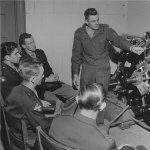
During World War II, USC became a major center for Engineering Science and Management War Training in 1942. Under the leadership of Dean Robert Vivian, some 50,000 students came through the government-sponsored program, the largest single-campus effort of its kind in the country.
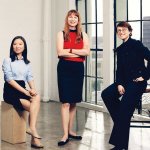
In 2015, USC Viterbi is ranked #1 by U.S. News and World Report in its list of graduate engineering programs with the most women.
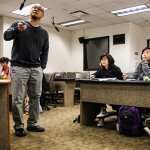
USC Viterbi's Distance Education Network (DEN) is ranked #1 for online graduate engineering programs by U.S. News and World Report in the inaugural rankings (2013) and again as recently as 2017.
The program, building on its nearly 50 year history, remains among the most distinguished in the nation.
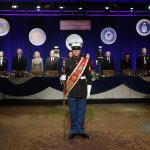
In 2016, USC Viterbi is named best online graduate engineering program for veterans by U.S. News and World Report.
This is bolstered in 2014 by a partnership with the Pentagon for graduate programs for Army officers. USC Viterbi also offers an unlimited number of Yellow Ribbon awards to eligible military candidates.

USC Viterbi's iPodia's program launches in 2009 – a global partnership for shared learning with 13 universities on four different continents.
Also in 2009, USC Viterbi opens its Shanghai office, followed by the India Office in 2011.
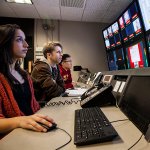
In 1972, the school debuted its pioneering distance education program via the Norman Topping Instructional Television Network, or ITV. Today, that system is known as USC Viterbi’s Distance Engineering Network, or DEN (ranked No. 1 by U.S. News & World Report, as recently as 2017).
Initially, lectures were broadcast via closed-circuit television to remote sites, allowing students to interact via two-way hookup. By 2001, DEN programs are offered completely online.
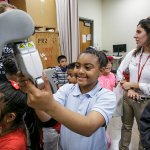
In 1975, the Pre-College Programs Office was established.
Now the K-12 STEM Center, this outreach arm of USC Viterbi works to increase the number of educationally disadvantaged and underrepresented K-12 students who matriculate to four-year universities and graduate with STEM degrees.
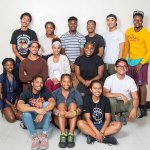
In 1975, USC Viterbi established the Minority Engineering Program (now the Center for Engineering Diversity).
USC thus became the first private university in California to fund a program focused on the recruitment, retention, and graduation of African American, Hispanic, and Native American students.
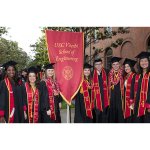
In 2019, the incoming undergraduate engineering class was fifty percent women.
A historic first for engineering at USC, the school also had nearly 2,000 women enrolled in its master’s and doctoral programs in 2019, leading the nation.



